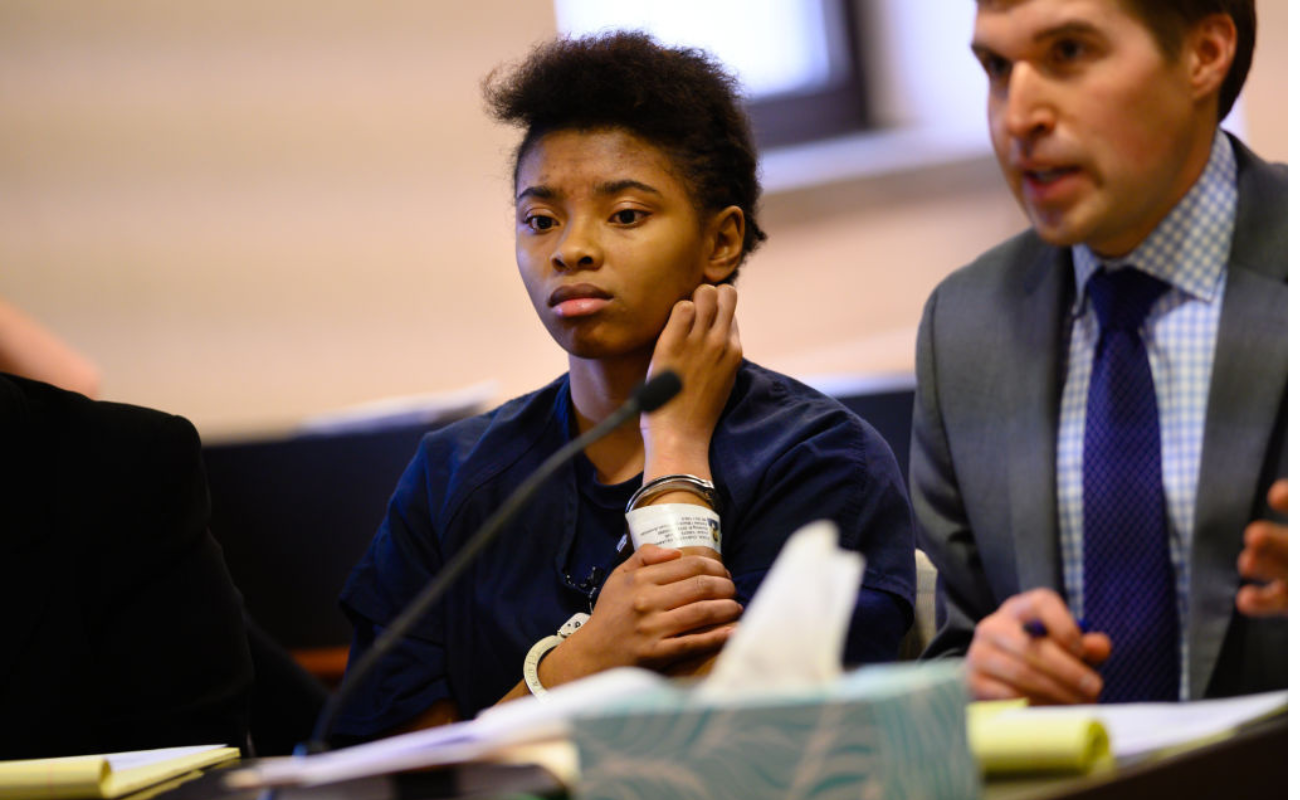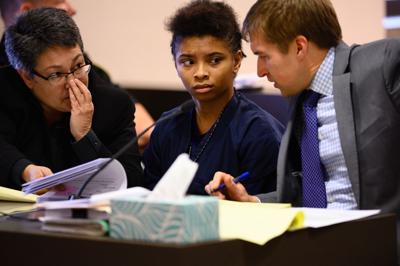A Milwaukee woman, Chrystul Kizer, 24, has been sentenced to 11 years in prison for the 2018 killing of Randall Volar, a man accused of sex trafficking her. The case has drawn significant attention and criticism from victim advocates, who argue that Kizer’s actions were a result of her circumstances as a victim of sexual exploitation. The case has also sparked comparisons to other similar situations, raising questions about the justice system’s treatment of trafficking survivors.

Background of the Case
In June 2018, Kizer, then 17, shot and killed 34-year-old Randall Volar in Kenosha, Wisconsin. Kizer had met Volar when she was 16 after posting an advertisement on a forum for prostitution, a decision she made out of desperation to provide food for her siblings. At the time of their meeting, Volar was already under investigation by the Kenosha Police Department for sexually abusing multiple underage Black girls, some as young as 12. Despite being arrested and charged in February 2018, Volar was released without bail and continued his predatory behavior.
On the night of the incident, Kizer, who had been sexually abused by Volar multiple times, shot him, set his house on fire, and fled in his BMW. The legal battle that followed focused on whether Kizer’s actions could be justified under Wisconsin’s affirmative defense law, which protects victims of human and child sex trafficking who commit offenses directly resulting from those crimes.
Legal Defense and Controversy
Kizer’s defense centered on the argument that her actions were a direct result of the trauma and exploitation she endured at the hands of Volar. In 2022, a decision allowed her to pursue immunity under the sex trafficking defense. Wisconsin law, adopted in 2008, provides an affirmative defense for trafficking victims, even if the trafficker was never prosecuted for their crimes. However, Kizer ultimately chose not to go to trial, where she could have faced a life sentence if convicted. Instead, she pleaded guilty to a lesser charge of second-degree reckless homicide, avoiding the possibility of spending her life in prison.
During her sentencing, Kizer quoted from the Book of Genesis and Psalms, asking the court for mercy. However, Kenosha County Judge David Wilk emphasized that, despite her circumstances, Kizer was not justified in taking the law into her own hands. “You are not permitted to be the instrument of his reckoning,” Judge Wilk stated, warning against endorsing a descent into lawlessness and chaos.
Comparisons to Similar Cases
Kizer’s case has been compared to that of Cyntoia Brown-Long, who was 16 when she killed Johnny Michael Allen, a man who had been trafficking her in Nashville, Tennessee. Brown-Long was sentenced to life in prison but was later granted clemency after significant public outcry, including support from high-profile figures like Kim Kardashian and Rihanna. Brown-Long’s sentence was commuted to 15 years, and she was released in 2019.

In a 2020 interview with BuzzFeed News, Brown-Long noted the striking similarities between her case and Kizer’s, stating that it seemed “like history was repeating itself.” She highlighted how both cases involved young girls reacting out of trauma, only to face a justice system that was unwilling to fully consider their circumstances. Kizer’s sentencing has reignited the debate over how the justice system handles cases involving trafficking survivors, with advocates arguing for greater recognition of the impact of trauma on victims’ actions and for more compassionate approaches to their prosecution.
